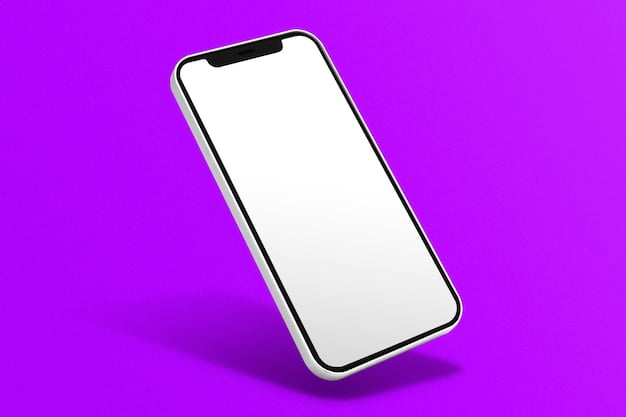
Just a few weeks into the New Year, Google has released its first Android distribution chart for the year 2018. This distribution chart shows where its mobile platform stands and it looks like the numbers for Android Oreo and Android Nougat are growing steadily. The date was collected in the 7-day period ending January 8.
Comparing it to December’s distribution chart shows that Android 8.0 Oreo numbers are still the same comprising 0.5 percent of the overall market share. Android 8.1 Oreo is now on the chart taking 0.2 percent of the market share mostly contributed by Pixel and Nexus devices. Overall, the total share of Android Oreo stands at 0.7 percent compared to 0.5 percent in December. It is also surprising to see that the share for Android Gingerbread at 0.4 percent of the market, considering the fact that it was launched 7 years ago.

While Android Marshmallow still has the largest share of the market, there has been a steady drop as the numbers have come down from 29.7 percent last month to 28.6 percent for the current month. Android Nougat has been showing steady growth for a while now. Android 7.0 and Android 7.1 combined were at 20.6 percent in November, 23.3 percent in December and are now reported at 26.3 percent of the market. Android 7.0 saw a 1.8 percent increase while Android 7.1 rose by 1.2 points in the last month. This is primarily driven by new smartphones like the Honor 7X, OnePlus 5T, and the Moto X4 which launched with Android Nougat out of the box.
If Android Nougat continues the same trend, we can see it closing onto Android Marshmallow in the next few months. While the new versions of Android are seeing a steady increase in market share, older Android versions have seen a steady decline. Lollipop saw a dip, dropping from 26.3 percent market share to 25.1 percent. While KitKat saw a 0.6 percent drop for 13.4 percent to 12.8, Jelly Bean saw a marginal drop from 5.9 percent to 5.6 percent. The drop in older versions of Android is primarily driven by manufacturers updating the OS on older devices. To note, the figures are gathered from devices visiting the Google Play app, which only supports Android 2.2 and above.
Google also updated its OpenGL version distribution numbers which has OpenGL 3.0 at 45.1 percent, OpenGL v2.0 at 37.2 percent, and OpenGL 3.1 at 17.7 percent.
[“source=gadgets.ndtv”]




